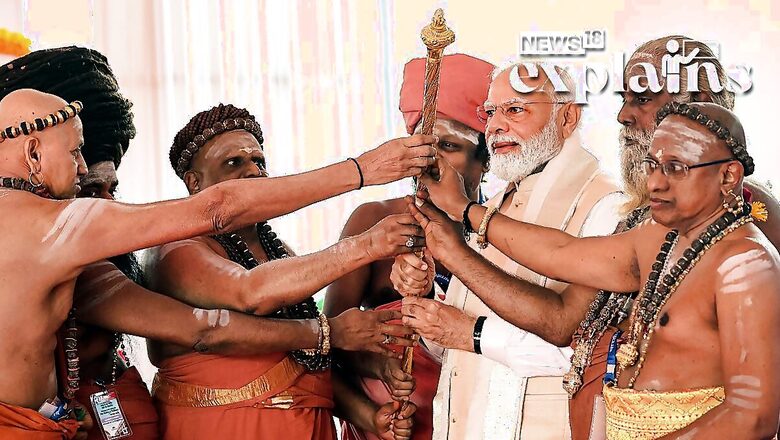
views
Does the plan of the BJP-led Central government to install a ‘Sengol’ delivered by an Adheenam at the new Parliament House serve a purpose beyond symbolism and contribute to enhancing electoral success?
Twenty one seers from various Adheenams across Tamil Nadu travelled to New Delhi to be present when the 293rd chief of the Madurai Adheenam presented the Sengol to Prime Minister Narendra Modi on Saturday, a day ahead of the inauguration of the new seat of power.
Historians and fact-checkers are hard at work reading Independence-era texts to find out if the Sengol really had purpose beyond ritualistic practices in transfer of power. Records clearly say the sceptre from the Thiruvavaduthurai Adheenam in Tamil Nadu made its way to Prime Minister Jawaharlal Nehru on the eve of the Independence, though it is unclear if the handing over of the sceptre goes beyond anything ceremonial.
Amid the uncertainty, a clear political strain is shining through, as the BJP has literally handed itself a powerful historical artefact to drive home two significant points: it will plumb its roots to draw powerful evidences of Hindu/Hindutva rituals, practices, and attributes to position itself ahead of the 2024 elections, and secondly, the party will attempt to make inroads in states where it has been kept at bay for decades – Tamil Nadu, for example.
Here’s where the courting of the Adheenams need to be seen, not from the angle of the authenticity of the claim that the Sengol is indeed a symbol of transfer of power, but who the Adheenams are, and whether they represent strong Hindu sectarian vote banks.
Who are the Adheenams?
The Adheenams in Tamil Nadu follow the Saivite culture and are headed by non-brahmin seers. In many ways, the Adheenams have been resistant to the Brahmin hold over Hindu religious activity and ritualistic superiority. Headed by a largely secular chief priest Gnanasambanda Desikar Paramacharya, the Madurai Adheenam, the largest of all, is now helmed by a Chief Harihara Desikar, who is openly pro-BJP and a strong supporter of PM Modi.
Right after handing over sceptre on Saturday, Harihara desikar extolled the virtues of PM Modi and said, “He is the first PM who invited Tamil Adheenams and encourages Tamil culture in the Parliament.”
Diversifying Beyond…
For the BJP, diversifying beyond its Brahmin supporter base has been doubly difficult in Tamil Nadu. The Dravidian movement and its political or electoral offspring, the DMK, have been at work for decades establishing a strong narrative of subjugation by Brahmins.
In a course correction, the BJP had clearly signalled a change to its Tamil Nadu strategy, since the appointment of L Murugan, and his Vel Yatra in Tamil Nadu; to woo the dominant non-brahmin castes.
With an ex-IPS officer sporting an aggressive style of politics as State Chief now, the BJP has taken this move even one step further, diminishing Brahminical presence and leading with a thoughtfully put together caste-sensibility in mind.
The Sengol and the wooing of the Adheenams need to be seen in the context of this drive, a larger political plan to find allies across the spiritual and caste spectrum that would diversify the BJP’s traditional voter base.
The DMK Factor
Secondly, BJP’s interest in the Adheenams refers back to a war of words between the DMK and one of the mutts – the Dharumapuram Adheenam which took exception to a district administrator’s order to ban the Pattina Pravesam, a tradition followed by the mutt’s novices to carry the Chief on a palanquin.
The DMK’s organ Murasoli put out a strongly worded piece against the mutts insistence to continue with the custom, which the party held was against the tenets of rationalism.
By according prominence to the Adheenams, the BJP clearly underscores where its ideological moorings lie vis-a-vis those of the DMK.
With Annamalai displaying strong intent to take the DMK head on in terms of corruption and dynasty politics, the party’s national leaders undertake such spiritual wooing exercise.
In the coming months, this play will come to the fore, with the heads of Adheenams making clearer, bolder statements in support of the BJP, and similar attempts to woo caste groupings that have not represented any electoral interest in Tamil Nadu.
2024 Test
The elections of 2024 will be a strong testing ground for the BJP’s electoral experiments and a moment of truth for its political strategists keen to make a dent in the Dravidian armour.
However, political observers are skeptical about any wooing exercise that seeks to embrace Tamils, thanks to decades of clear identity cultivation by generations of thinkers and leaders with indigenous interests.
N Sathiya Moorthy, the Chennai chapter chief of think tank The Observer’s foundation, said, “Tamil identity is more of sentiments and not of politics and there is a clear ‘Us versus them’ idea of the Tamil identity. National parties and North Indian politicians have not yet captured the imagination of the Tamil country and its people.”










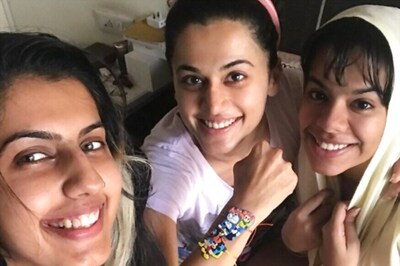
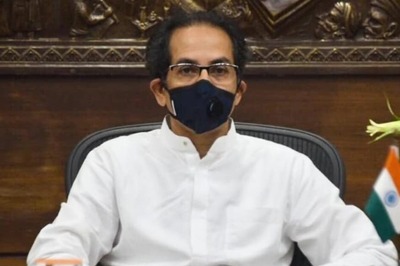

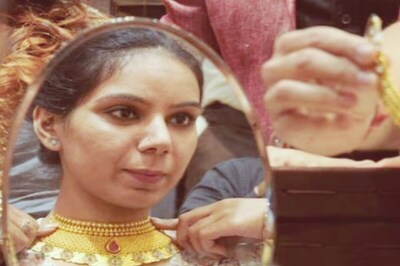
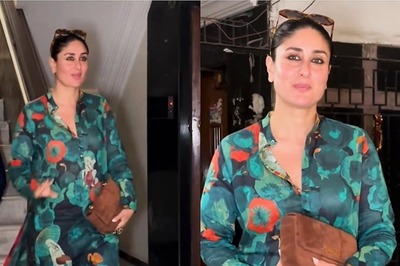

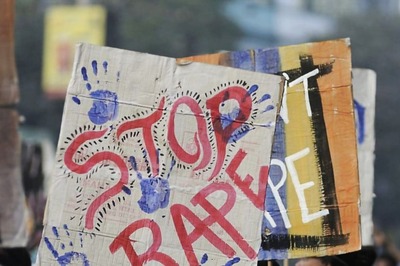
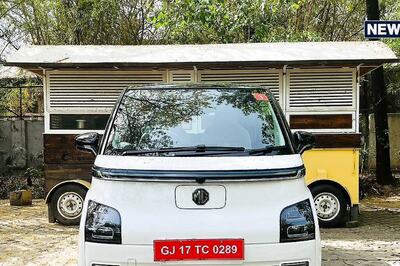


Comments
0 comment